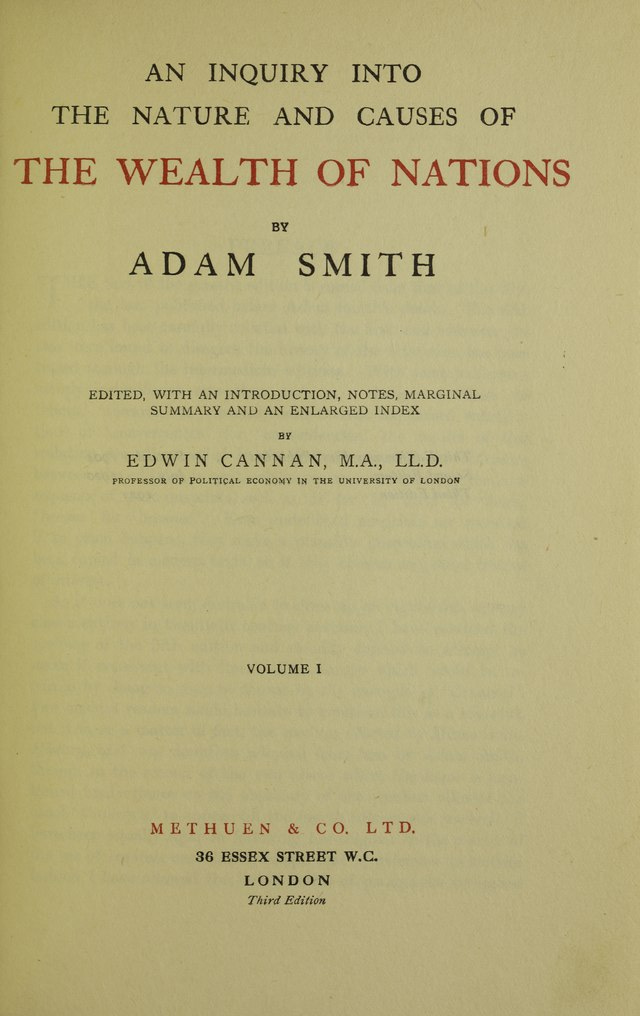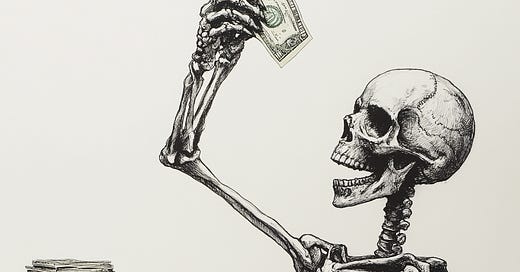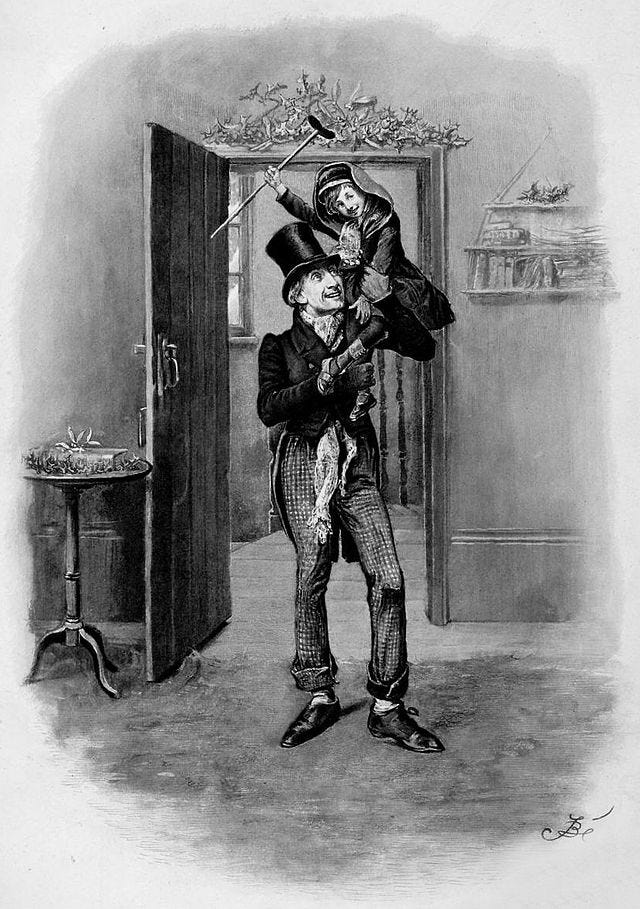Why is the US healthcare system both staggeringly expensive and shamefully ineffective? Because public health is not the primary goal of US healthcare. The primary goal is profit. The US is unique among its peers, the G8, the G20, or pretty much any modern industrial nation. Every other rich nation on earth - and plenty of non-rich countries as well - provide universal healthcare for their people. The government is involved. Generally, the goal of universal healthcare is to provide the highest quality medical care for the entire population at the lowest possible cost. Universal healthcare exists in these other countries to ensure public health. Ours is the only system that relies on private for-profit insurance companies to pay for the majority of essential and elective healthcare.
The first goal of every company in the American healthcare industry is not public health but maximizing value for shareholders. The result is that our for-profit system ends up providing a lower overall level of care at the highest possible cost so that private companies can maximize revenue. I’m not saying that doctors and nurses don’t care about their patients. I am saying that the companies those doctors and nurses work for don’t really care if you live or die – as long as they get paid. This presents us with a unique problem that other countries don’t have: How can we expect to have good public health if a healthy public is a secondary concern?

Despite evidence to the contrary, free market theory says that we should have the best healthcare system on earth. This notion is based on one of capitalism’s earliest and most fundamental concepts: The invisible hand. As Adam Smith describes in Wealth of Nations:
“By pursuing [an individual’s] own interest he frequently promotes that of the society more effectually than when he really intends to promote it.”
Smith only mentions the invisible hand that one time in Book IV Chapter 2 but a vast proportion of capitalist theory hinges on that single passage. Basically, Smith is saying that acting in one’s self-interest is good for society and promotes the common good even better than when a society actively tries to promote the common good. Acting in our own self-interest, what you might call selfishness, supposedly improves society without anybody even having to think about it.
So we have thousands of American healthcare companies all pursuing their own self-interest as they chase the profit-motive. Stacked on top of the notion of the invisible hand is a generous dose of efficient markets hypothesis which assumes that markets are rational and can never be wrong, and that prices are always efficient. Free market theory assures us that if government would just get out of the way the marketplace will provide healthcare for everyone.
But anyone with eyes can see that the free market is failing at all these things. Even after the passage of the Affordable Care Act about 27 million Americans, close to 9 percent of the population, have no health insurance. The market gives them no other options but to pay full retail prices at an Emergency Room. In my previous post I described the inefficiency of the American healthcare system – by which I mean that other countries get significantly better outcomes while spending much less. Just one example illustrates why this is so. The US healthcare system has the highest administrative costs on earth. The American Hospital Association says that as much as 40 percent of all healthcare spending in recent years was spent on administration. Billions are spent not on healing the sick but coding and billing – shuffling documents around figuring out who pays what. That percentage is more than triple what countries like Germany or France spend. The US spends so much because there is big money in not paying claims.
Inside the US healthcare industry, the money that insurance companies pay out to doctors, hospitals, and pharmacies – you know, the money that actually goes to healthcare? – is referred to as “medical loss.” As many learned after the assassination of United Healthcare's Brian Thompson, insurance companies increase profit by denying claims and delaying payments. Money spent actually keeping us healthy is money they don’t get to keep. While there is currently a prohibition on declining coverage to those with pre-existing conditions, the US is the only country that continues to allow insurance companies to refuse coverage or jack prices sky high because a person might get sick.
This is where government comes in. Other countries have private insurance companies too. The only difference? They are non-profit. Private health insurance companies in Germany or Japan exist only to pay medical bills. They are barred from making a profit by law. If you wanted to fix America's healthcare system turning every private health insurance company into a non-profit might not be a bad place to start.
This is part 2 of a series on how capitalism is destroying American healthcare. Please go here for PART 1. In my next post we'll take a closer look at why insurance companies pay their CEOs millions and other perverse incentives the profit motive brings to healthcare.
Please give a like, comment, and restack so that people can find me here on Substack.
Let’s make them pay.
















Share this post